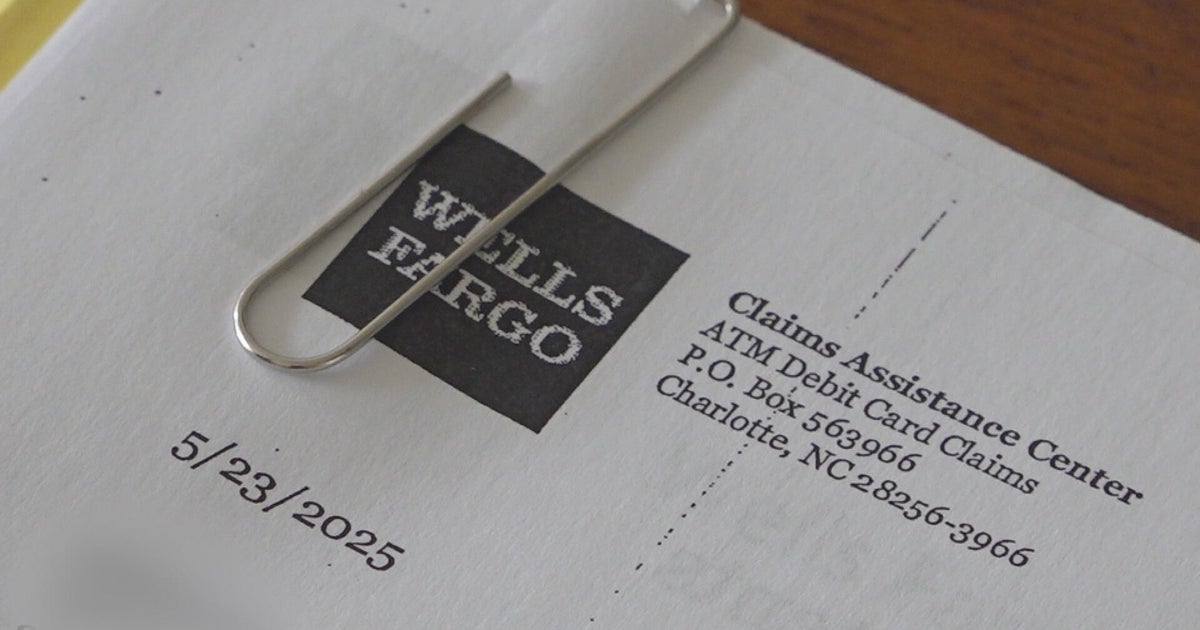3 On Your Side: Confusing Food Dates
By Jim Donovan
PHILADELPHIA (CBS) -- We've all seen them, the dates stamped on basically everything at the grocery store. But at least one advocacy group says those dates are confusing and 3 On Your Side Consumer Reporter Jim Donovan finds that many consumers are tossing out good food and money because of them.
From milk to meats, salad to cereal, if it's in the grocery store it's got a date on it. Some say 'use by', others are marked 'sell by' and some just have a date. But what do they mean?
The National Resources Defense Council estimates that 9 out of 10 Americans are confused by the dates. As a result a family of four throws about $2,000 worth of still-edible food away every year.
Peter Lehner, Executive Director of NRDC says, "The dates are up to the manufacturers, there's no federal standards for anything in this store except for infant formula."
Many foods, if stored properly, can last long after the labels say. For instance milk can last at least a week past the printed date. Eggs can still be good three to five weeks after you buy them. Plus many canned products last for up to five years.
The Grocery Manufacturers Association says the dates indicate freshness, but admits changes are needed. In a statement they said, "We are working to improve current code dating practices, with the goal of creating a uniform global standard that will make it easier to interpret date labels."
But until that happens, use common sense. If you open a product and it looks good and doesn't smell bad, in most cases you'll be fine.







